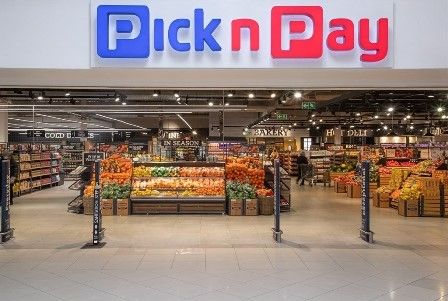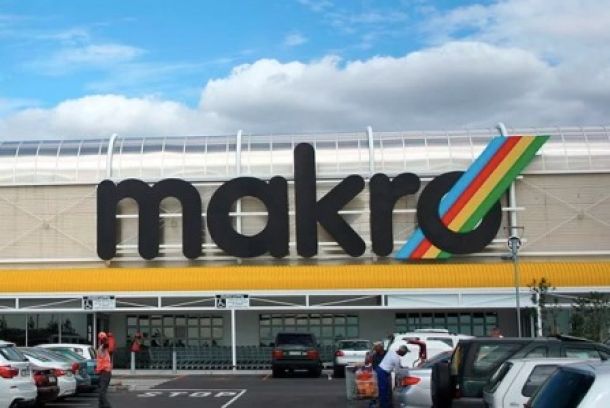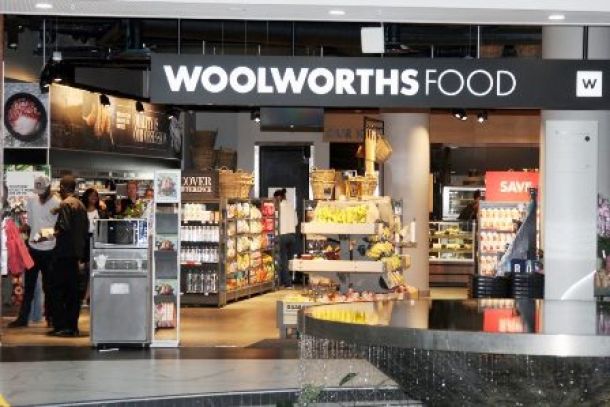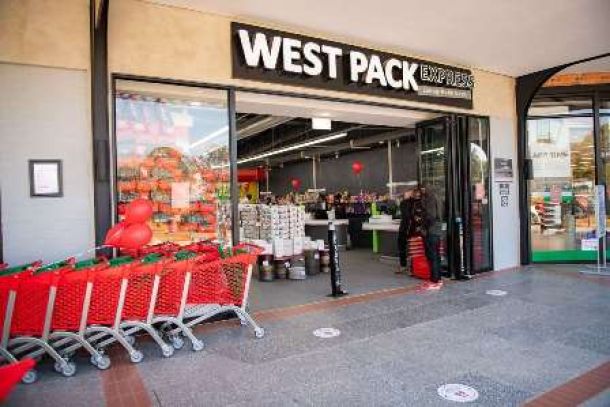
R1m in cryptocurrency passes through Pick n Pay tills a month
By: Nicola Mawson – IOL Business Report
Pick n Pay, which reported a massive loss of R3.2 billion for the year to February, said yesterday that it was seeing R1 million a month in sales from shoppers buying groceries, data, airtime and paying their municipal bills.
While this is insignificant in terms of its overall sales, the retailer, South Africa’s second largest, says its innovation in terms of its pay stack allows customers to use a variety of payment methods.
In April this year, Pick n Pay joined the likes of Shoprite in offering a store-to-store Domestic Money Transfer service, at R8 a transaction.
Four times more customers a month are using Crypto QR codes at nearly 700 Pick n Pays, mostly in the Western Cape followed by Gauteng and KwaZulu-Natal, since its launch in February last year. Half of all transactions are R500 and less. The transaction amount is capped at R10 000.
“We started from a low base of around R25 000 per month, and it has grown exponentially every month over the past year,” said Deven Moodley, the executive head of Pick n Pay’s value-added services, financial services and mobile division.
The payment method is also accepted at PnP Express and Pick n Pay Clothing.
Carel van Wyk, the founder of MoneyBadger, which has partnered with Pick n Pay and manages the interface between the retailer and the crypto platforms, said the payment solution was a way for the retailer to show its tech competencies and cater to as many customers as possible.
“Crypto payments, which continue to grow month-on-month, fit into our Ways2Pay strategy of giving more customers mechanisms to pay in our stores,” Moodley said.
According to the Financial Sector Conduct Authority, more than 5.8 million South Africans use cryptocurrencies, which equates to just under 10% of South Africa’s population.
Cryptocurrencies were declared legal tender in 2022.
To pay with cryptocurrency, customers need a Bitcoin Lightning, or Binance wallet, and the CryptoQR app from MoneyBadger, or they can scan the QR code directly through their VALR or Luno apps on Android or iOS mobile phones.
Customers can pay with any cryptocurrencies supported by Luno, VALR or Binance.
Van Wyk said that paying with bitcoin was quicker and safer than other payment methods. Cryptocurrencies required biometrics to access the wallet and settle instantly.
“No one can shoulder surf; they need your face,” he said.
MoneyBadger spent four months on the proof of concept, then six months to get the system operational before trialling it in select outlets, Van Wyk said.
“It worked; it worked very well. It surprised everyone that it worked so well at point-of-sale.”
Related Articles

Makro marketplace chaos

Massmart and Wits University Partner to improve...

Court tells Woolworths to reinstate worker afte...

Watchdog wants retail fruit & veg prices to be ...


